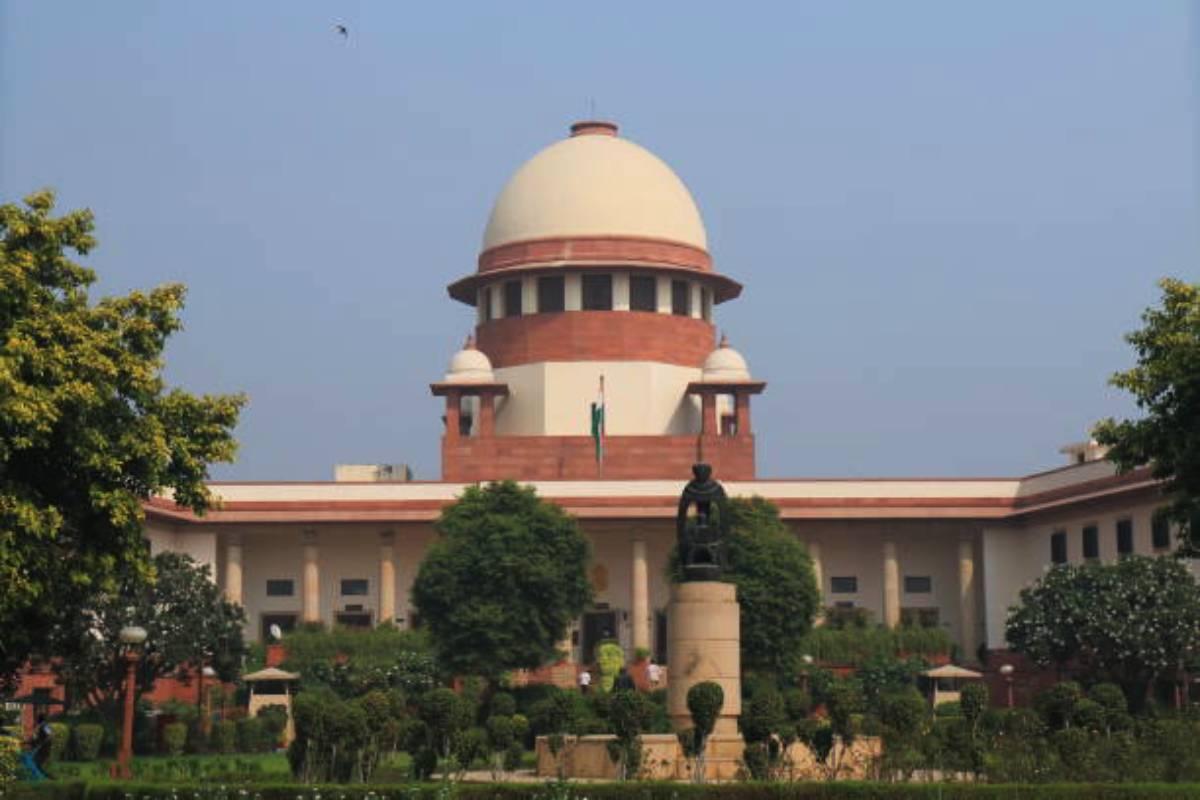The Supreme Court on Monday sought Central government’s reply on petitions challenging the constitutional validity of the Exception 2 to Section 375 of Indian Penal Code, relating to marital rape that carves out an exception, where a husband having non-consensual sex with his wife cannot be charged with rape.
As a bench of Chief Justice D Y Chandrachud, Justice P S Narasimha and Justice J B Pardiwala sought Centre’s response, the Solicitor General Tushar Mehta told the bench that besides the legality there are social ramifications of the issue.
Solicitor General Mehta said that the Centre has invited the views of the states on the issue.
Posting the matter for further hearing on March 21, 2023, the court appointed advocates, Pooja Dhar and Jaikriti Jadeja, as nodal counsel to prepare a common compilation with index and judgments on which reliance shall be placed by different arguing counsels. The court asked all counsels appearing for the different parties – petitioners and respondents – to cooperate with both of the nodal advocates.
The top court is dealing with a batch of petitions including a challenge to Karnataka High Court order and a split verdict by a division bench of the Delhi High court – which was referred to the top court for adjudication.
The Delhi High Court, on May 11, 2022, had delivered a split verdict on the issue of criminalisation of marital rape and granted liberty to the petitioners to move the apex court on this matter.
Justice Rajiv Shakdher, who headed the division bench of the Delhi High Court, had in its judgment favoured striking down the marital rape exception, while Justice C Hari Shankar, the other judge on the bench, had said the exception 2 under Section 375 of the Indian Penal Code is not unconstitutional and was based on an intelligible differentia.
The high court’s split verdict came on petitions by NGO RIT Foundation and AIDWA seeking the striking down of Exception 2 of Section 375 of the Indian Penal Code relating to rape law.
The Karnataka High Court had declined to quash the charge of rape against a man accused of raping and keeping his wife as a sex slave.
The apex court had on September 16, 2022, issued notice to the Centre on a plea seeking to criminalise marital rape. The petitioner has challenged the split verdict of the Delhi High Court on the issue.
Represented by advocate Karuna Nundy, AIDWA, had said that the exception allowed to marital rape is destructive and is in opposition to the object of rape laws, which clearly ban sexual activity sans consent.
It places the privacy of a marriage on a pedestal above the rights of the woman in the marriage, AIDWA has asserted.
The petition said that Marital Rape Exception is in violation of Articles 14, 19(1)(a) and 21 of the Constitution.












